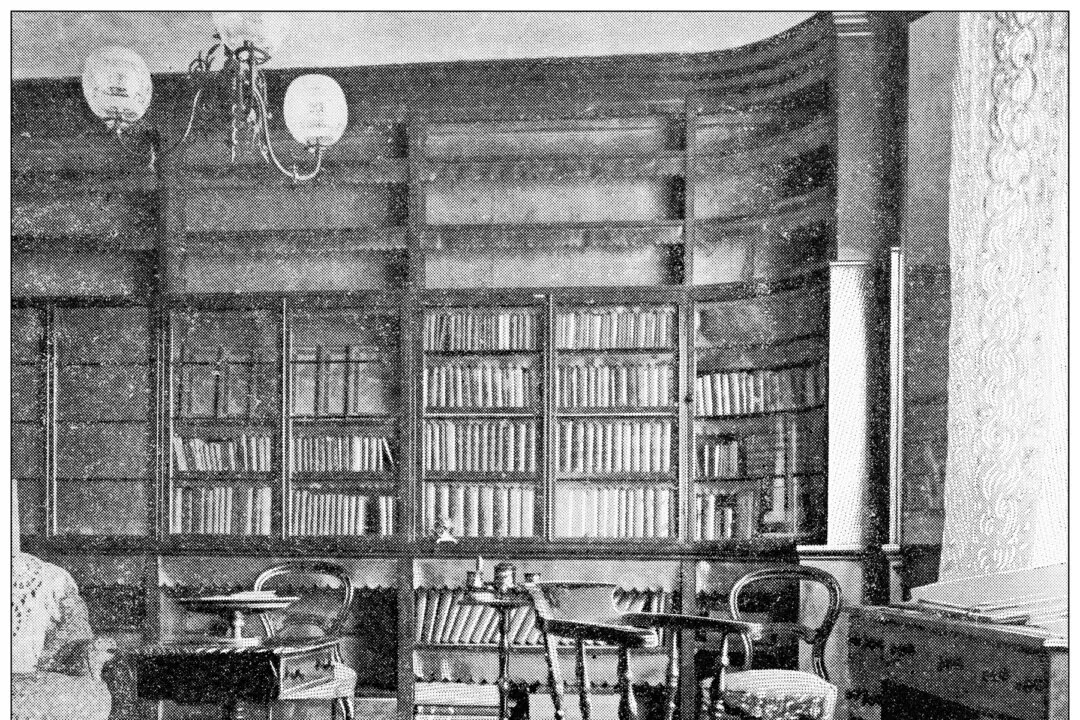The Western Australian (WA) Aboriginal Cultural Heritage Act 2021, which became law on July 1, has created so much havoc that it’s reported it will be scrapped just one month after coming into force. The Cook Labor government is said to be making the announcement officially this week.
The criticism against the act has been harsh, with the Nationals, Liberals, the WA Farmers, and the Pastoralists and Graziers Association all pushing back against the legislation. In particular, most of the concerns have stemmed from what has been overreach by indigenous groups after community events were cancelled due to the lack of clarity around the legislation.





